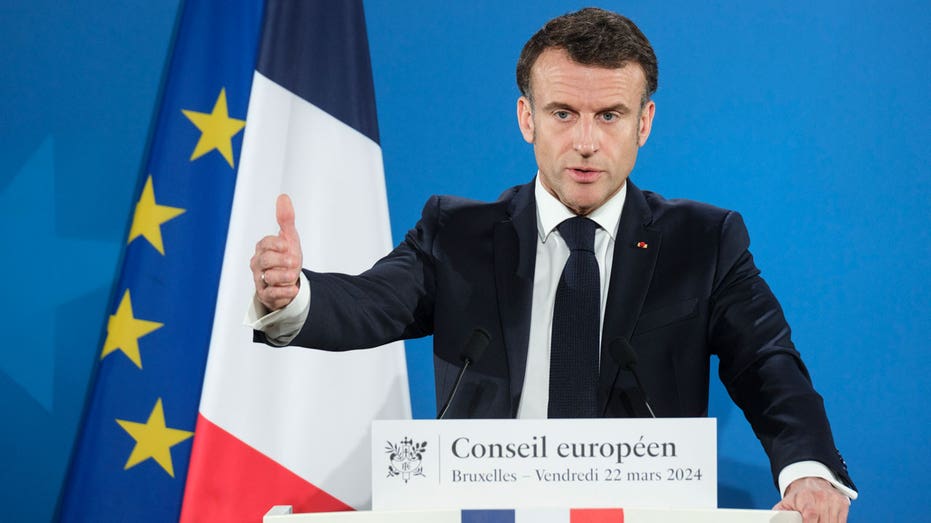French Report Highlights Muslim Brotherhood Threat as Senator Ted Cruz Pushes for US Terror Designation
Texas Sen. Ted Cruz reintroduces bill designating the Muslim Brotherhood as a terrorist organization following French security report

French President Emmanuel Macron has called upon his cabinet ministers to devise swift and robust measures in response to the findings of a government-commissioned intelligence report that warns of significant threats posed by the Muslim Brotherhood to France's social cohesion and republican institutions.
Although the government has decided against making the full report public, officials emphasized that its conclusions are serious. The document reportedly accuses the Muslim Brotherhood of orchestrating a subtle yet systematic campaign to undermine France’s strict secular values, focusing on exerting influence through local governments, educational institutions, and mosques. According to the summary, this influence operation is aimed at reshaping policies and societal norms—particularly in sensitive areas like gender equality and laïcité, the core French principle that separates religion from state affairs.
The report underlines a crucial point: “The reality of this threat, even if it is long-term and does not involve violent action, highlights the risk of damage to the fabric of society and republican institutions.” French authorities have previously taken steps to limit what they term as “foreign influence,” such as halting the appointment of clerics from abroad, but the new report suggests a more coordinated and homegrown strategy is required.
Security analysts have expressed surprise at the transparency and frankness of this official acknowledgment. Christopher Holton, a senior analyst with extensive experience studying extremist groups, remarked that this marks one of the first times a Western government has so openly recognized the impact and ambitions of the Muslim Brotherhood within its borders. Holton pointed to the organization’s well-publicized philosophy and aims, noting that while their intentions are not hidden, the web of affiliated organizations often obscures direct ties.
Affiliation between various Muslim groups and the Muslim Brotherhood remains contentious. The French intelligence assessment specifically identifies "Muslims of France" as the national branch of the Brotherhood—a claim disputed by the group itself, which labeled the allegations as “unfounded.” Nevertheless, European experts warn that the organization’s ability to combine overt activity with more discreet networking complicates efforts to measure its true scope or influence.
Alan Mendoza, executive director of a prominent foreign policy think tank, cautions that the model adopted by the Muslim Brotherhood across Europe is both flexible and secretive. He warns that their activity threatens to drive wedges within European Muslim communities and foster alienation by promoting a separate identity rather than integration. Mendoza attributes recent trends in social polarization, in part, to these tactics, warning of a slow but deliberate effort to reshape European society from within.
Beyond France, scrutiny of the Muslim Brotherhood has intensified internationally. In the United States, lawmakers are once again debating whether to formally designate the group as a terrorist organization. Senator Ted Cruz recently reiterated his intention to revive legislative efforts to that end, asserting concerns about the group’s alleged attempts to consolidate influence during the current administration and calling for more decisive action to safeguard American national security.
Globally, several countries—including Egypt, the United Arab Emirates, Russia, Saudi Arabia, and, most recently, Jordan—have imposed bans or severe restrictions on the Muslim Brotherhood. This growing list reflects a shared apprehension over the movement’s political ambitions and perceived threat to national stability, particularly in societies wrestling with issues of integration, secularism, and religious pluralism.
The French government’s latest move signals a more assertive approach to protecting its secular model and social unity, setting the stage for potential policy changes and renewed debate about balancing religious freedom with national security.




